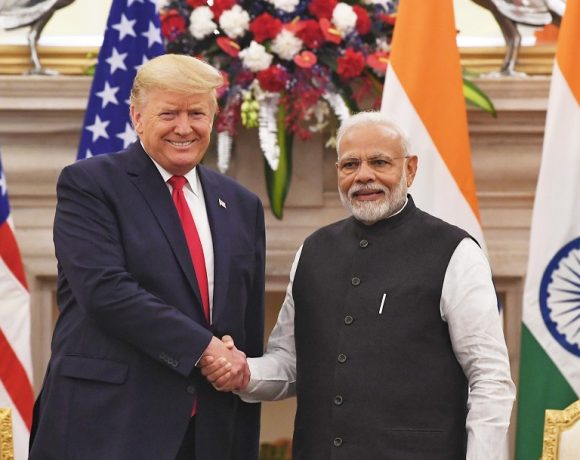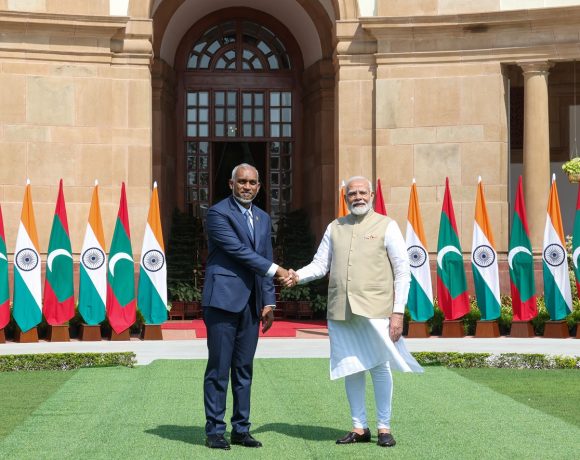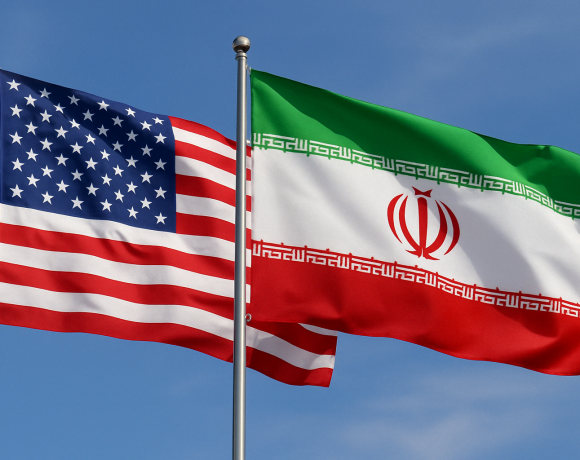
U.S. Senator Moves to End H-1B Exemptions for Universities
A U.S. Senator has introduced legislation aimed at removing long-standing H-1B visa exemptions that benefit universities, research bodies, and non-profit institutions. The measure would require these institutions to count foreign hires under the same annual cap that applies to private companies.
Bill Details and Objectives
The proposal, titled the Visa Cap Enforcement Act, was introduced by Senator Tom Cotton (R-Arkansas). It seeks to eliminate several exemptions that now let universities and affiliated nonprofits hire foreign researchers and faculty outside the 85,000-visa annual limit. Under the new rules, such institutions would also lose the ability to file petitions outside the annual lottery period.
Impact on Academia and Researchers
If passed, the law would affect international faculty and research scholars who currently enjoy cap-exempt status. Many academic institutions argue that this change would disrupt ongoing research projects and hiring cycles. Critics warn that the bill could make it harder for U.S. universities to recruit global talent.
Context and Related Reforms
This move comes amid broader efforts to tighten U.S. immigration and work visa policy. Recently, the U.S. raised the application fee for new H-1B petitions to $100,000, sparking debate over costs and accessibility.
Status and Outlook
The legislation has been referred to the Senate Judiciary Committee and faces significant opposition from academia and higher education stakeholders. Its fate will depend on support in both chambers and responses from universities and researchers.


















